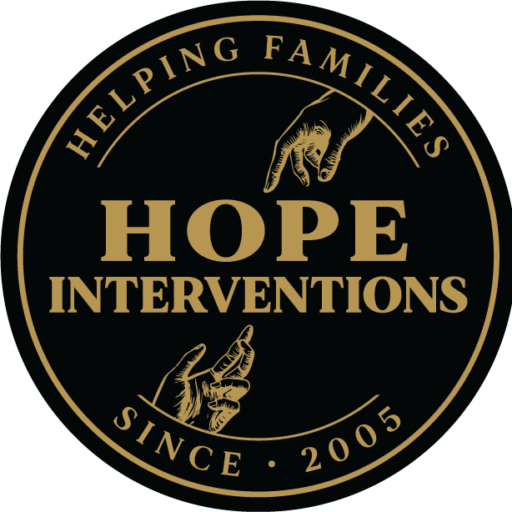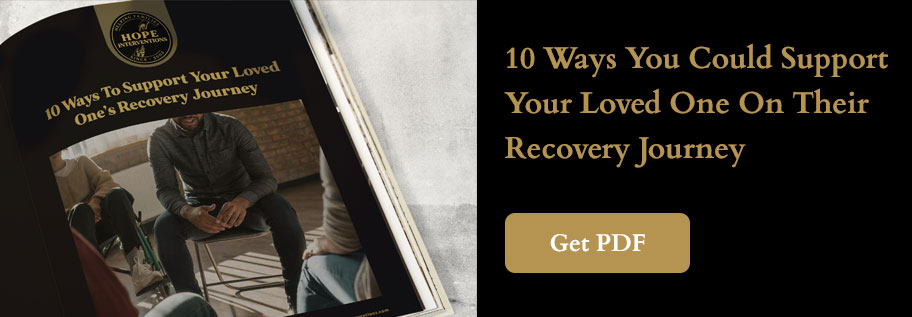When a loved one is spiraling due to addiction or mental health challenges, it’s natural to feel overwhelmed, helpless, and unsure of what steps to take. Many families wait—hoping things will get better on their own. But the truth is, when it comes to addiction and behavioral health crises, waiting often makes things worse.
That’s where an interventionist comes in.
At Hope Interventions, we help families bridge the gap between crisis and care. If you’ve ever wondered “What exactly does an interventionist do?” or “Would this even help our situation?”, this guide is for you.
What Is an Interventionist?
An interventionist is a trained professional who helps families and loved ones plan and carry out a structured, compassionate conversation with someone who is struggling with addiction, mental illness, or self-destructive behavior. The goal? To guide them toward accepting help—whether that’s entering treatment, attending therapy, or taking the first step toward recovery.
Think of an interventionist as a crisis navigator, family coach, and advocate for recovery—all in one.
What Do Interventionists Actually Do?
At Hope Interventions, our interventionists take a multi-layered approach:
1. Assessment
We gather information about your loved one’s behavior, history, and current risks to tailor an appropriate strategy.
2. Planning & Coaching
We work with families to script and rehearse the intervention. You’ll learn how to communicate effectively—without blame, shame, or enabling.
3. Facilitating the Intervention
Our trained professionals guide the in-person (or virtual) intervention, creating a calm, focused space for your loved one to hear the truth and receive an offer of help.
4. Treatment Coordination
We don’t just get your loved one to say “yes”—we arrange transportation, treatment admission, and support their safe transition.
5. Aftercare for Families
Addiction and mental illness affect everyone. We provide continued resources, referrals, and support for healing the entire family system.

Why You Might Need One Sooner Than You Think
Many families delay seeking help for months—sometimes years—waiting for the “right time” or hoping things will improve. But there are key signs it’s time to bring in an interventionist now:
- Your loved one is in denial or refuses treatment.
- You fear for their safety due to overdose, suicide risk, or mental health decline.
- They’ve gone missing, been arrested, or experienced repeated hospitalizations.
- You’ve tried talking—but they respond with anger, manipulation, or avoidance.
- The situation is causing chaos in the home, at work, or among siblings.
Here’s the truth: If you’re asking whether it’s time to intervene, it probably is.
Intervention Isn’t a Confrontation — It’s a Lifeline
Thanks to movies and TV, many people associate interventions with shouting matches and ultimatums. But modern interventions—especially those guided by experienced professionals—are compassionate, collaborative, and rooted in hope.
At Hope Interventions, we follow evidence-based models that respect the dignity of every person involved. We don’t just aim to convince—we aim to connect, understand, and inspire action.
Hope Starts Here
Intervention isn’t about forcing someone to change. It’s about creating a moment of truth, wrapped in love and supported by a plan. It’s about saying: “We see you. We love you. And we won’t let you go through this alone.”
If you’re watching someone you love self-destruct and don’t know what to do next, don’t wait until rock bottom.
Let Hope Interventions help you act—before the bottom falls out.
📞 Contact us today for a free consultation and to learn how a professional intervention can change your family’s story.

